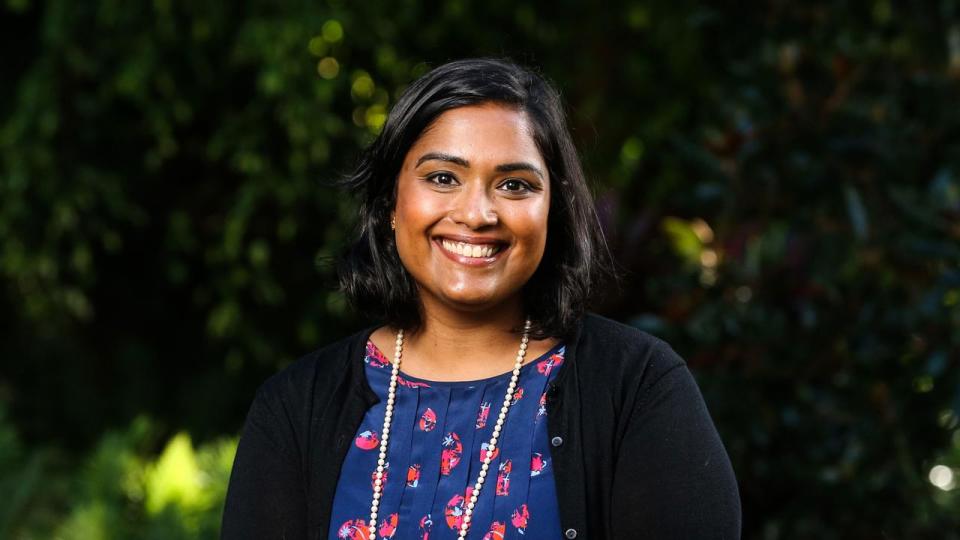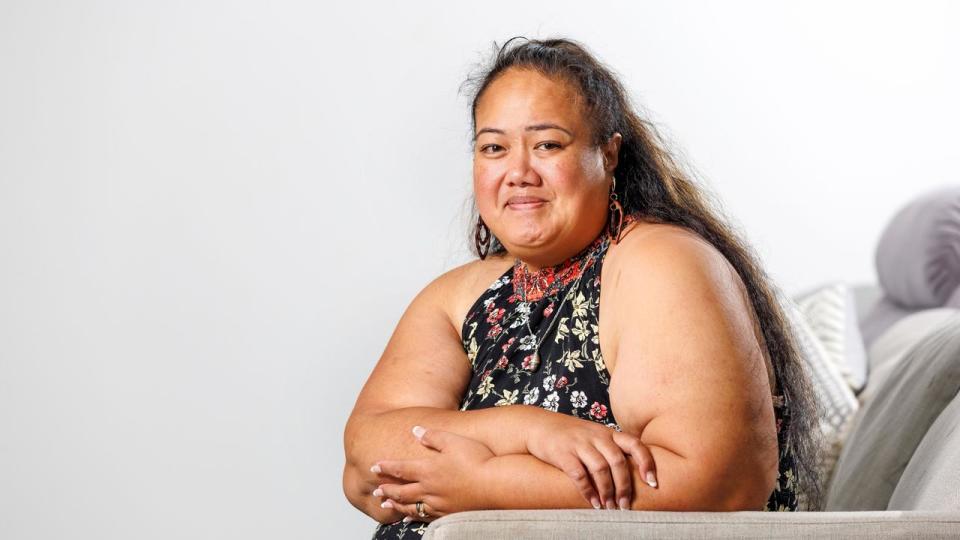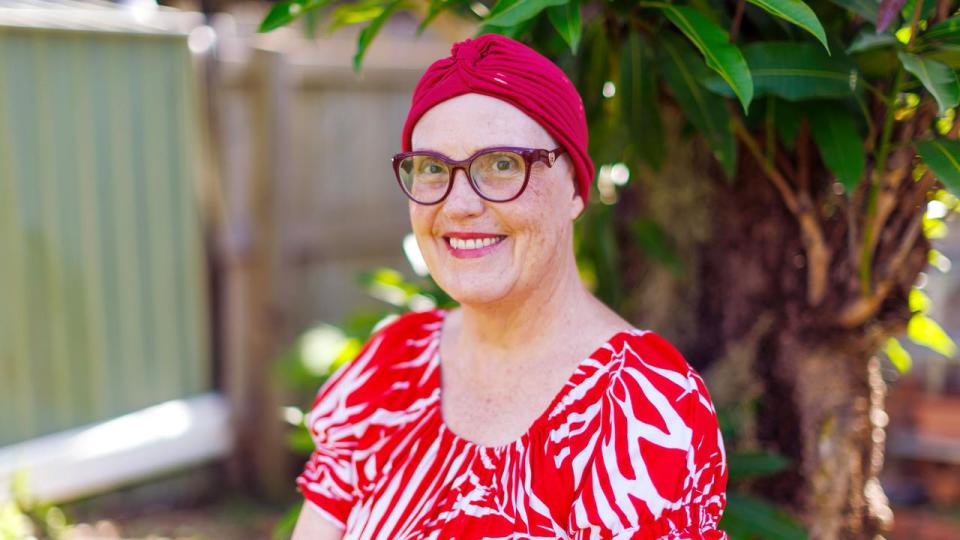Doctors urge early checks as endometrial cancer on rise
Doctors at the Mater Hospital in Brisbane, where about 200 women are treated for endometrial cancer each year, say they're alarmed at the rise in the disease.
More than 3000 cases of endometrial cancer were diagnosed in Australia last year, double the number recorded 20 years ago.
Gynaecology oncologist Nimithri Cabraal said while most of the patients at the Mater presenting with endometrial cancer have already been through menopause, about 15 per cent are younger women.

"Most often those women are living with obesity," Dr Cabraal told AAP.
"Most of them will have anovulation so they don't ovulate regularly ... which can lead to too much oestrogen, causing uncontrolled growth of the uterine lining."
When 40-year-old Victoria Asirifi was diagnosed in 2021, she weighed 200 kilograms and didn't know her weight put her at higher risk of developing the cancer.
"I wish I had known more about the risk factors of being overweight and how it can contribute to endometrial cancer," Ms Asirifi said.
Ms Asirifi had a hysterectomy in April, which Dr Cabraal said was almost always part of the treatment for endometrial cancer.
She has also undergone hormone therapy and gastric sleeve surgery and has lost 60 kilograms.

Dr Cabraal said it was important to treat each patient holistically.
"We recognise many of these women have other health problems - type two diabetes, heart disease, obstructed sleep apnoea - all of these things are a threat to their life," she said.
"So we try really hard to address that at the same time they come for their endometrial cancer surgery."
Dr Cabraal also treated 60-year-old Paula Mayes, who experienced heavy post-menopausal bleeding and immediately went to her GP.
"I have always been healthy, I don't smoke or drink alcohol, and I do a lot of exercise. I couldn't believe it when I was told I had endometrial cancer," Ms Mayes said.
"I remember Dr Cabraal telling me this cancer was treatable and curable and we would deal with it one step at a time. I am glad I sought advice early."

Ms Mayes also had a hysterectomy to prevent the cancer from spreading, and is undergoing chemotherapy.
Dr Cabraal said Ms Mayers did not have many of the risk factors for endometrial cancer but it was an important factor in her treatment that she got her symptoms checked early.
"About 15 to 20 per cent of women who experience postmenopausal bleeding will have a cancer," Dr Cabraal said.
"The first few episodes you have are highly correlated with the fact that it's an early stage tumour.
"You should go and get tested as soon as possible because the longer you leave it, the more risk there is that it will spread if not treated promptly."

